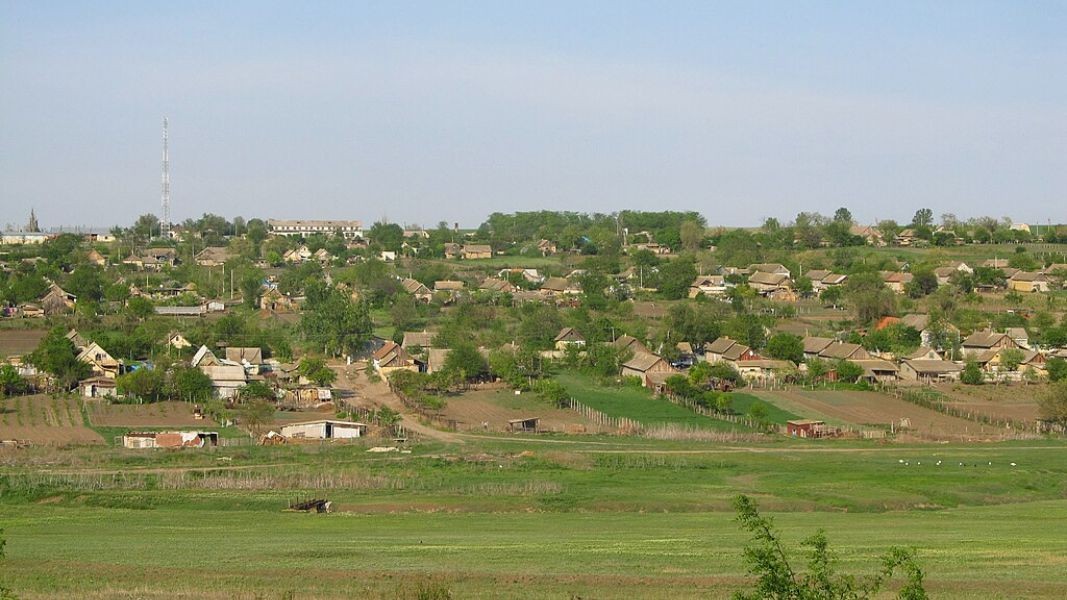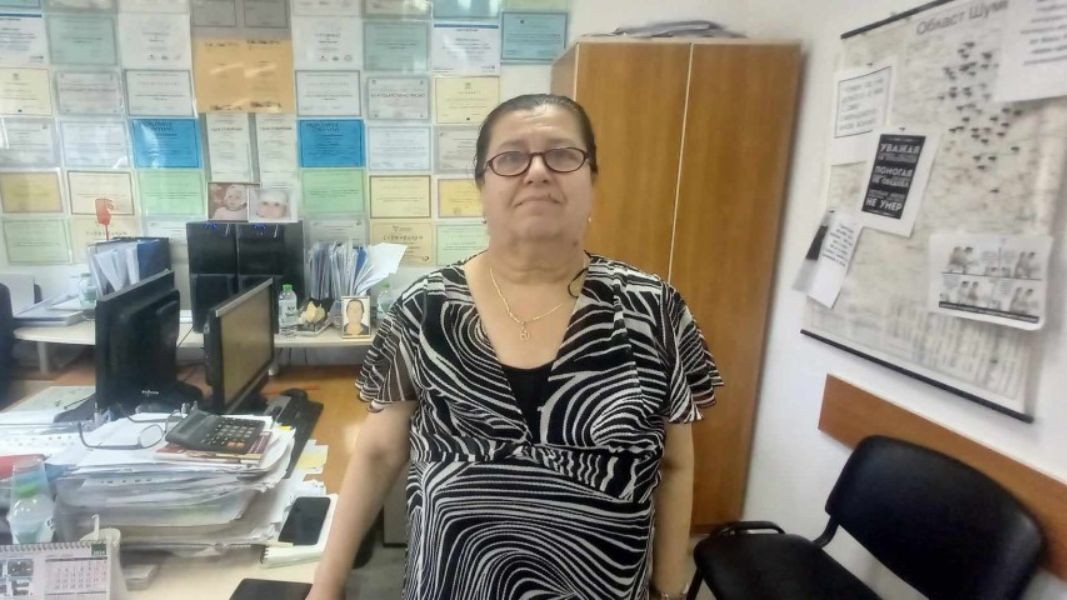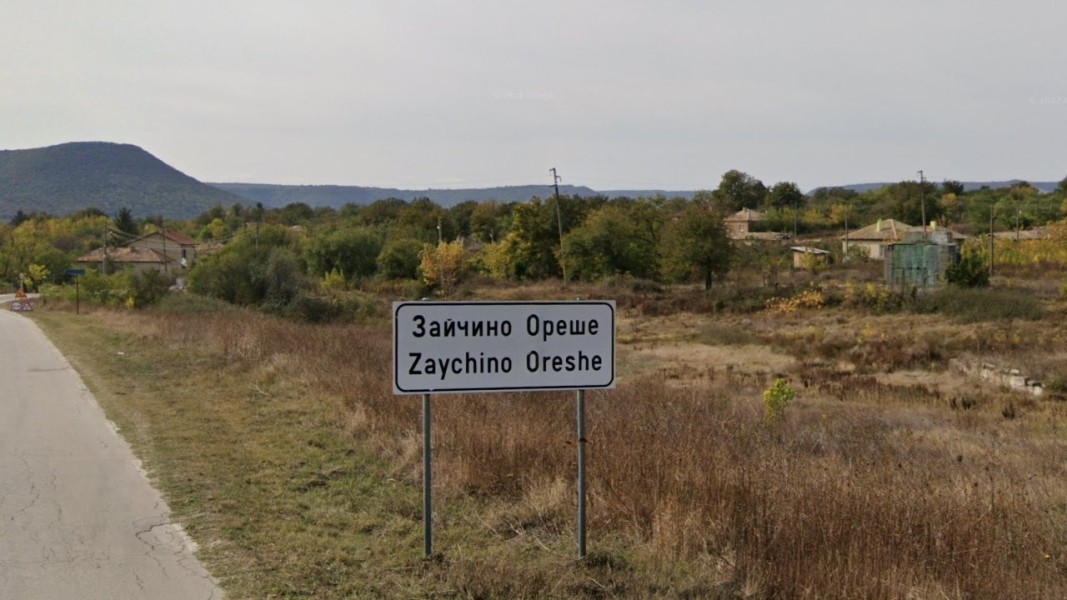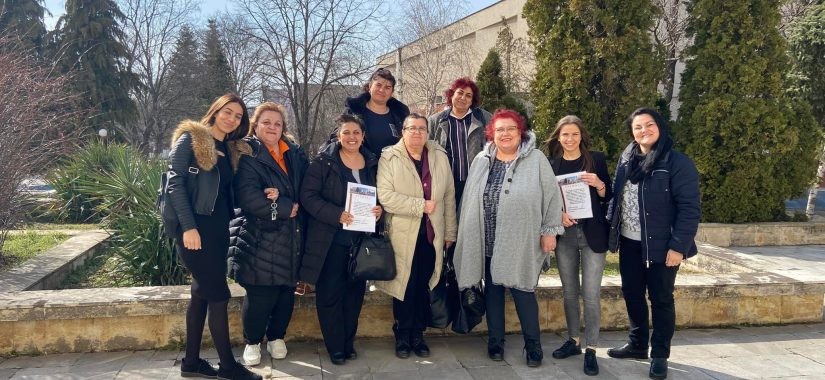



The joy you see in the eyes of the people you have helped cannot be described in words, it must be experienced!" This was shared by Veneta Terzieva and Valentin Grigorov on Bulgaria's National Awakeners' Day. The two have been helping other Bulgarians in..
On October 24, the Honorary Consulate of Bulgaria in Norway was opened with an official ceremony and a festive concert in the Norwegian city of Stavanger. The first honorary consul is pianist Kiril Kutin, who has established himself as an authoritative..
There are more than 80,000 Bulgarians living in Moldova, with a concentration in the southern part of the country. Most are settled in the town of Taraclia and its surrounding region. One of the key institutions established by the Bulgarian community is..

+359 2 9336 661
